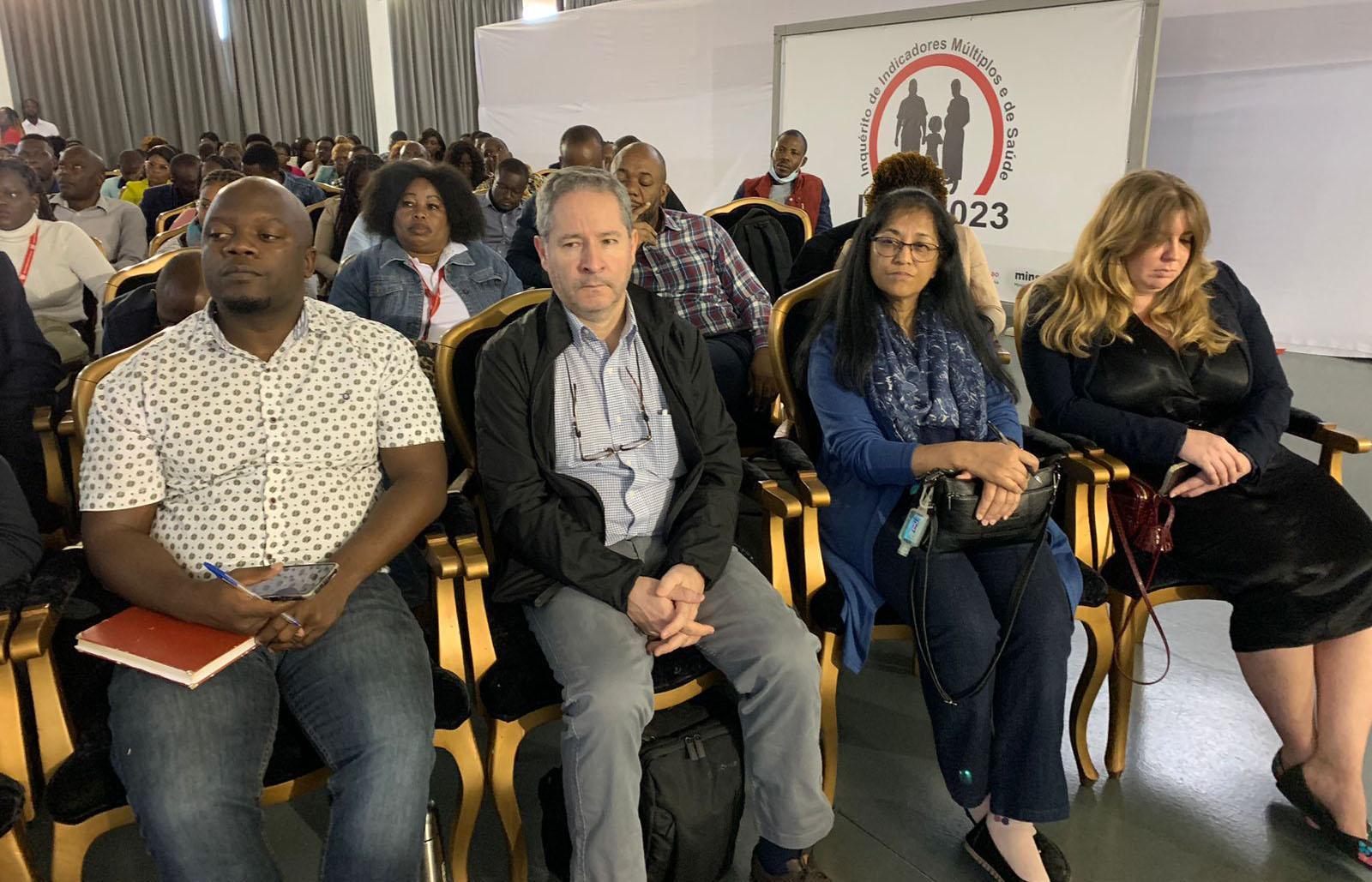Africa-Press – Angola. Two hundred and seven census technicians from the country’s 18 provinces are, since Monday, in the city of Lubango, Huíla province, to participate in the main general training action of the Multiple and Health Indicators Survey (IIMS)-2023 , to assess the development of the sector in the country.
The IIMS is a combination of the fifth survey of Multiple Health Indicators (MICS V), combined with the second Demographic and Health Survey (IDS II) and will be carried out throughout the national territory.
The event is organized by the National Institute of Statistics (INE), in partnership with the Ministry of Health (MINSA) and has the support of the World Bank, UNFPA, UNICEF, USAID and National Consultancy of the American company ICF.
This is the second survey to be carried out after the first one in 2015 in households and in Angola, but this time it includes the collection of blood samples to measure the prevalence of Anemia, Malaria and HIV, as well as the first to measure the constancy of Hepatitis B.
The Survey has, among other objectives, to provide nationally and internationally comparable socio-demographic data, timely and reliable information on health, mortality, fertility, nutrition, prevalence of HIV AIDS, malaria and to monitor the process carried out within the scope of the Objectives of Health Development, to measure the country’s growth in this sector.
Information will be collected on a representative sample at national and provincial level and by area of urban and rural residence of 630 selected conglomerates, with 26 households being chosen in each conglomerate, totaling 16,380 families at national level.
The activity expected to be carried out from July to November of the current year will be carried out by 81 surveyors, 42 health technicians, 21 cartographers, an equal number of supervisors and drivers.
The project will be led by the National Statistics Institute (INE), with technicians from INE, the Ministry of Health and the Ethics Committee.
Speaking at the opening of the 35-day training course, INEA’s director general, José Calengi, stressed that the institution, as the coordinating body of the National Statistical System, is always attentive to the needs that the statistical development framework presents.
He made it known that it is with this and other statistical activities that the Executive will have crucial information for the creation of economic and social development policies that are more adjusted and directed to the current reality of the Country.
“Acting without knowledge almost always represents an inglorious effort and a waste of human and financial resources, a situation that should be avoided under any circumstances”, he alluded.
In turn, the representative of the Minister of Health, Sílvia Lutucuta, Lúcia Furtado, stressed that it is not a simple task, in view of the high complexity that involves individuals and families inserted in different contexts, where it is essential to carry out approaches that consider social aspects.
“The IIMS is recognized in population and health research materials in developing countries, where the best and credible techniques are used, recognizing reliable data collection procedures, with consistent quality control mechanisms”, he emphasized.
For More News And Analysis About Angola Follow Africa-Press






